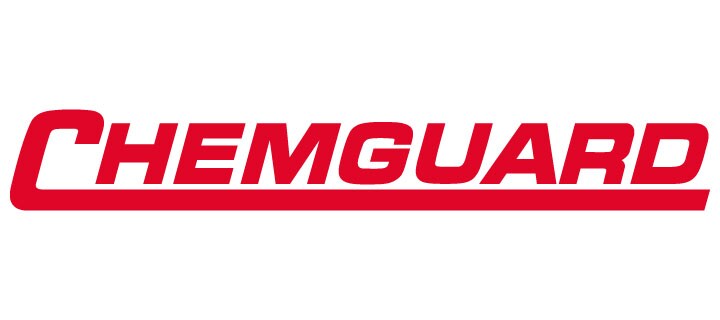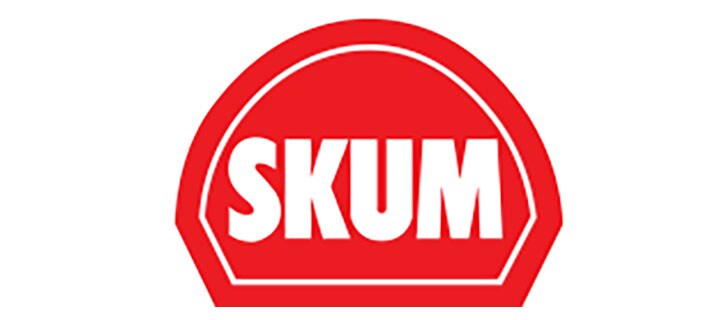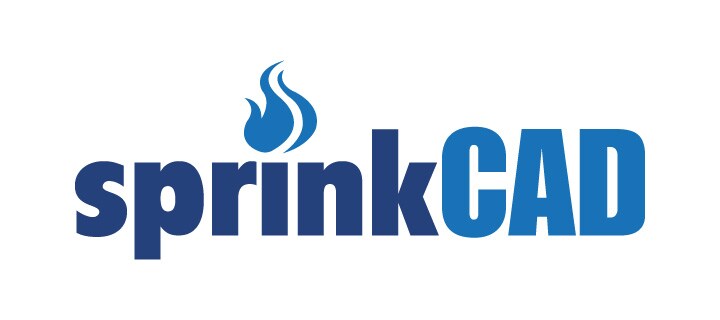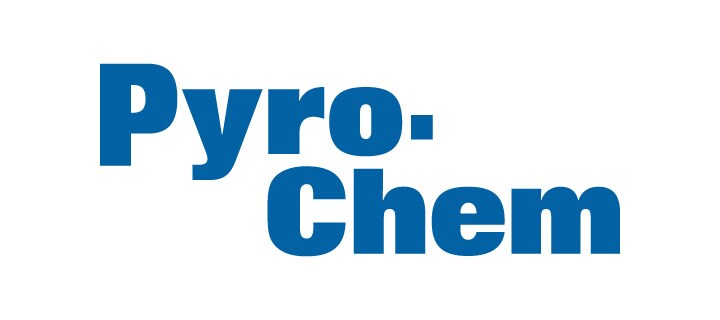- Johnson Controls
- Media Center
- 700 Series microprocessor-based conventional fire detectors
Johnson Controls Launches 700 Series Microprocessor-based Conventional Fire Detectors

The new 700 Series Conventional Fire Detectors are the company’s first microprocessor-based conventional fire detectors.
- New series of conventional detectors have built-in microprocessors that monitor and respond to smoke density, fixed temperature, and rate-of-rise of temperature
- Drift compensation feature extends service life and reduces maintenance needs
- Detectors are designed and manufactured in Europe and comply with EN54 and LPCB standards
MILWAUKEE – (March 8, 2021) – Johnson Controls, the global leader for smart, healthy and sustainable buildings, and architect of OpenBlue connected solutions and services, announces the new 700 Series Conventional Fire Detectors, the company’s first microprocessor-based conventional fire detectors that precisely monitor and respond to building fire conditions. The inclusion of a microprocessor across the entire range means these conventional detectors offer advanced algorithms, resulting in the same detection performance and false alarm rejection as the company’s latest non-Fastlogic, Gen6 detectors.
The five fire detectors in the series (701P, 701PH, 701H, 702H, and 703H) each respond to unique parameters including smoke density, fixed temperature, and rate of rise of temperature, then notify fire detection panels to provide an alarm response for the affected zones. The 700 Series Detectors offer a complete fire detection solution - including drift compensation - ideal for small commercial buildings such as retail outlets and business campuses.
"This product series offers a full-building fire detection solution that requires only one trip to the ceiling to complete installation."
— Paul Grainger, product manager, Johnson Controls
Smoke detection and drift compensation
The 701P smoke detector works by sensing the optical scatter from smoke particles generated in a fire. This is suitable for applications such as electrical services areas where cable overheating may occur.
The 701PH smoke and heat detector operates as a standard optical detector under normal ambient conditions. However, when a rapid rise in temperature is detected, the sensitivity of the optical detector increases to help better identify smoke particles. The 701PH is the first conventional detector from Johnson Controls which is approved to EN54-29, a non-harmonised standard for multi-sensor detectors.
The 701P and 701PH detectors both offer drift compensation (or threshold compensation), an intelligent feature that monitors the level of dust and debris within the optical detector, then adjusts the sensor to compensate for the obstruction. This results in improved reliability over time, extended life of the detectors, and less maintenance needs.
Heat-based fire detection
The 701H is an A1R heat detector that uses both rate-of-rise and 60°C static temperature sensing, where the fixed element provides a backstop for fires in which the temperature builds up gradually.
The 702H is an A1S heat detector with a static response temperature of 60°C (EN54-5). Since it only responds at these specific temperatures, this detector is suitable for restaurant dining areas, retail facilities, and hotel rooms.
The 703H heat detector has a static response temperature of 90°C (EN54-5), which works best in areas where higher temperatures are normal such as boiler rooms and kitchens.
“This product series offers a full-building fire detection solution that requires only one trip to the ceiling to complete installation,” said Paul Grainger, product manager, Johnson Controls. “In addition to reliability and accuracy, this line of fire detectors has been designed to reduce installation and system maintenance costs for our customers, through fast, easy installation and an extended detector service life.”
The Johnson Controls 700 Series Conventional Fire Detectors are EN Listed, with UL and ANZ Listed versions coming soon.
For more information on the Johnson Controls 700 Series Conventional Detectors, visit https://www.zettlerfire.com/Products/Fire/ZettlerConventionalDetectors.asp.


























.jpg?la=en&h=320&w=720&hash=244C75B74F0F77521D56164450973BCD)




























.png)








